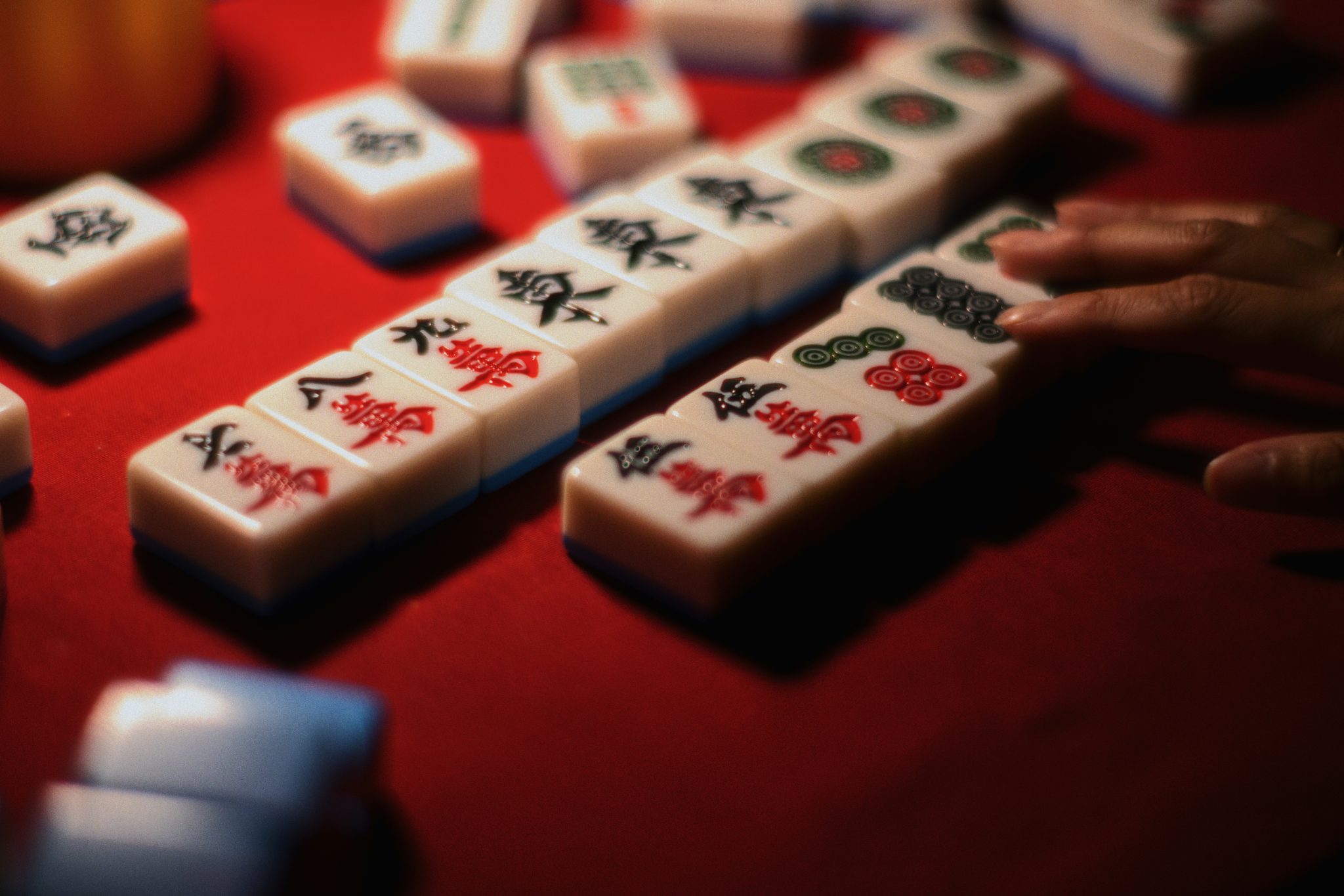
Imagine a nice cozy evening in Ridgewood, lamp light bouncing off cafe windows, and neighbors gathering at tables covered with colorful tiles, chessboards, or deck of cards. That’s the magic of game nights, where classic favorites like mahjong, chess, bridge, and Scrabble forge bonds that go far beyond the final move.
The heartbeat of the neighborhood
Ridgewood has its pulse in its gathering spots–the modestly sized libraries with their soft murmurs, the community centers whose echoing corridors host laughter and strategy, and the cafés where the aroma of espresso blends with friendly competition. In these spaces, even the most casual player finds themselves drawn into something greater than the game itself.
There’s something inherently inviting about mahjong. The click of tiles, the swirl of patterns under gentle lighting–it’s tactile, focused but social. You’re thinking ahead, calculating, but also leaning in, sharing a smile, offering a playful warning: “Watch out, I’m close to winning.” You can even get to Mahjong online any time you want, just to practice or hone your skills. Maybe you’ll meet new people at the 4-sitted table.
Over in another corner, Scrabble boards evolve, each pristine grid transforming into a battlefield of vocabulary. The excitement comes not just from finding that perfect seven-letter word and earning the triple-word-score, but from the collective “Ooh” when someone dramatically rearranges letters to snag the win.
Conversation over moves
Chess and bridge offer a different rhythm: deliberate, carefully measured. In the library’s quiet alcove, a grandfather and a teenager might engage in a match, their generational perspectives colliding and connecting piece by piece. Or two friends over bridge might pause to chat about their week between hands, the cards easing conversation in a way that small talk rarely does.
There’s a beautiful alchemy in these evenings. It’s not about who’s the best Scrabble player or who’s unbeatable at chess; it’s about arriving alone and letting the game, and most importantly people draw you in. Someone moves the rook, someone else extends a hand. Someone lays down “zebra” on the triple-letter, and suddenly, you’re all laughing at how niche that word is. A partner in Mahjong goes “pung”, and somebody’s curious, asks for an explanation. In the process, you learn something–not just rules, but stories.
Spaces that spark connection
What’s special in Ridgewood is where this happens. The local library transforms from a silent reading space into a gentle hum of chatter and thinking. You might start the evening browsing titles and end it haggling over whether “qat” is a word or not, learning that yes, it is, and yes, you can play it.
At the community center, long tables unfold between ping-pong nets and yoga mats. Suddenly the center feels less like a place for scheduled classes and more like a living room for the whole neighborhood. There’s the retiree who comes to challenge anyone brave enough at Scrabble, the parents who bring their kids eager to learn bridge or chess, and the newcomers who find in these games a warm welcome.
Then there are cafés, the social glue made fragrant by coffee. Imagine a table by the window, sunlight drifting in. You sip a latte while plotting your next mahjong move; behind you, someone declares “checkmate.” Strangers may pause, intrigued, and before you know it, there’s a whole new round unfolding and fresh friendships forming.
Little Wins, Big Smiles
Every game night has its little victories. Maybe someone uses all their tiles in mahjong and beams as everyone claps. Maybe an underdog triumphs in Scrabble with a clever “quixotic.” Maybe a bridge partner finally “rebids” just right. Those moments are small, but their warmth lingers.
What’s more, these shared experiences teach us things beyond games. We learn patience when someone needs time to consider a chess move; we learn grace in defeat; we learn encouragement in teaching someone new. And most importantly, we learn that the real prize is community.
